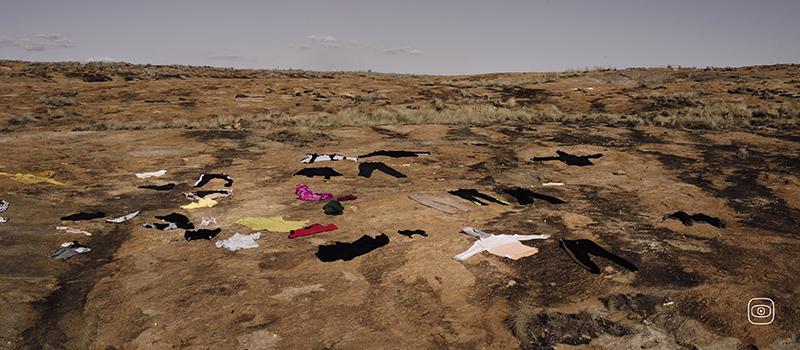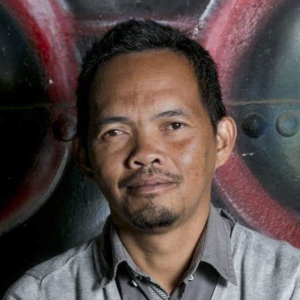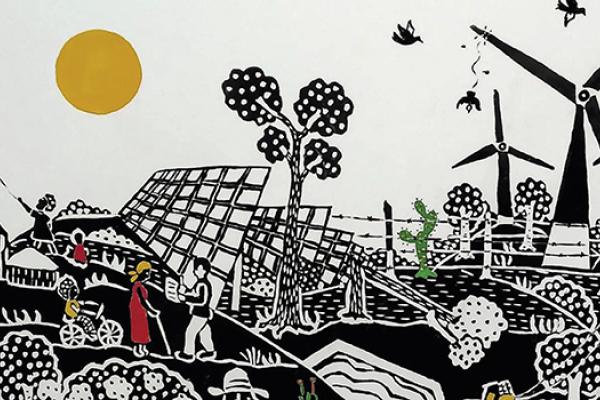In 2012, Italian multinational Tozzi Green secured a 30-year lease on 11,000 hectares of land in Madagascar's remote Ihorombe province. Due to historical land ownership issues rooted in Madagascar's colonial past, clear land titles are rare and most property rights are passed down informally. Critics argue that Tozzi Green, with the support of local officials, exploited these legal ambiguities to effectively exclude indigenous communities from land they consider theirs.
Originally set up to grow jatropha for biofuel, Tozzi Green's project has now shifted to reforestation to earn carbon credits. These initiatives are marketed as sustainable development, but local communities have raised concerns that they are undermining traditional livelihoods and food security. While promised jobs and infrastructure have failed to materialise, the Bara are increasingly concerned about projects that serve foreign investors with few benefits reaching the local population.
Local activists argue that these carbon credit projects primarily serve corporate interests, allowing companies to 'greenwash' their environmental image while continuing to pollute elsewhere. They claim that rather than benefiting Madagascar, these initiatives are exacerbating local vulnerability and environmental degradation. With the support of international organisations, Malagasy activists have filed legal complaints against Tozzi Green, highlighting the urgent need for climate initiatives that prioritise the well-being and rights of vulnerable communities.
Photo by Daniela Sala
**
IMPACT







